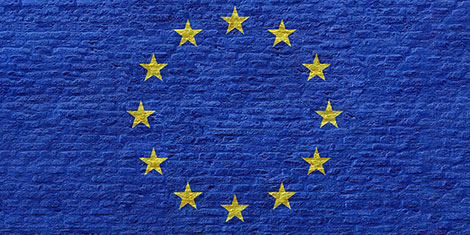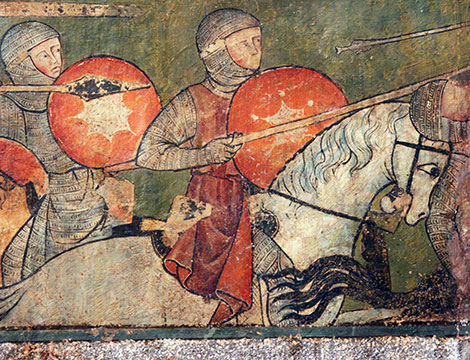This article was originally published by the Istituto Affari Internazionali (IAI) on 20 November 2017.
On 13 November, EU member states – with the exception of Denmark, Ireland, Malta, Portugal and the UK – signed a joint notification launching Permanent Structured Cooperation (PESCO) in the defence field.[1] The announcement, made by 23 EU member states, is an important political decision for two reasons. First, it represents a tangible effort to answer the growing demand by EU citizens for more European-level cooperation to address security concerns, ranging from terrorism to instability in the Union’s southern and eastern neighbourhoods.





